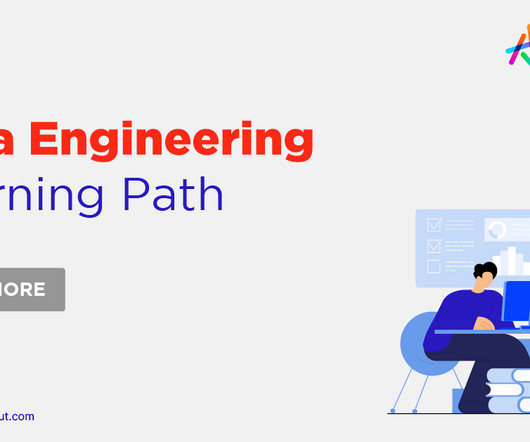Azure Data Engineer Skills – Strategies for Optimization
Edureka
FEBRUARY 9, 2023
Here are some role-specific skills to consider if you want to become an Azure data engineer: Programming languages are used in the majority of data storage and processing systems. Data engineers must be well-versed in programming languages such as Python, Java, and Scala.












Let's personalize your content